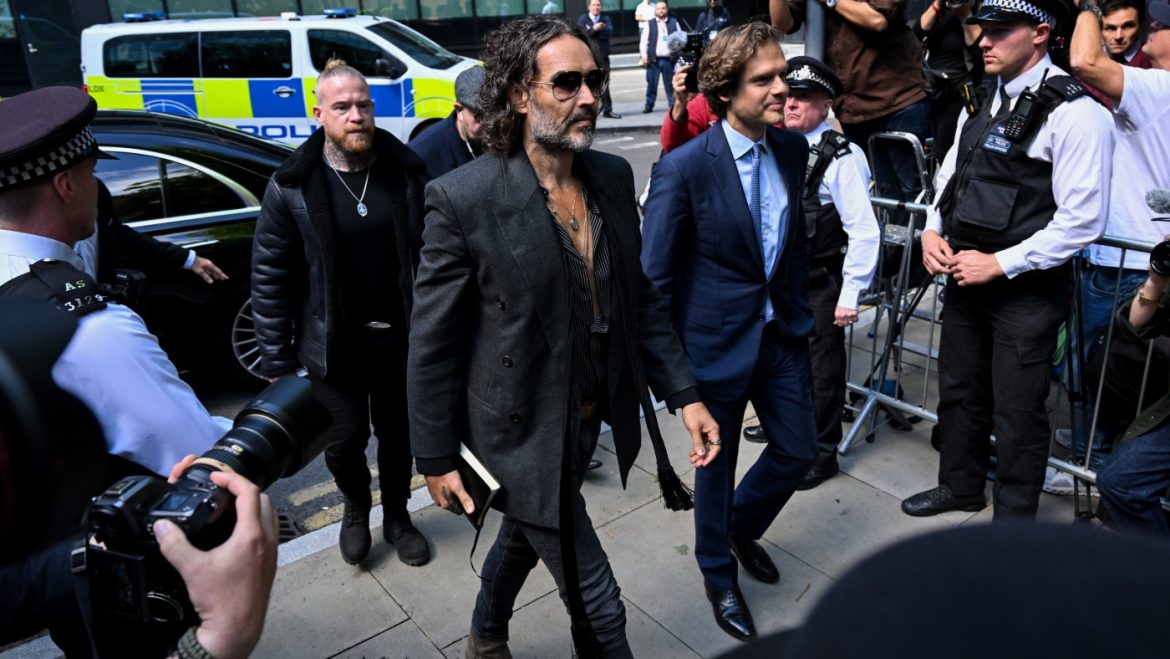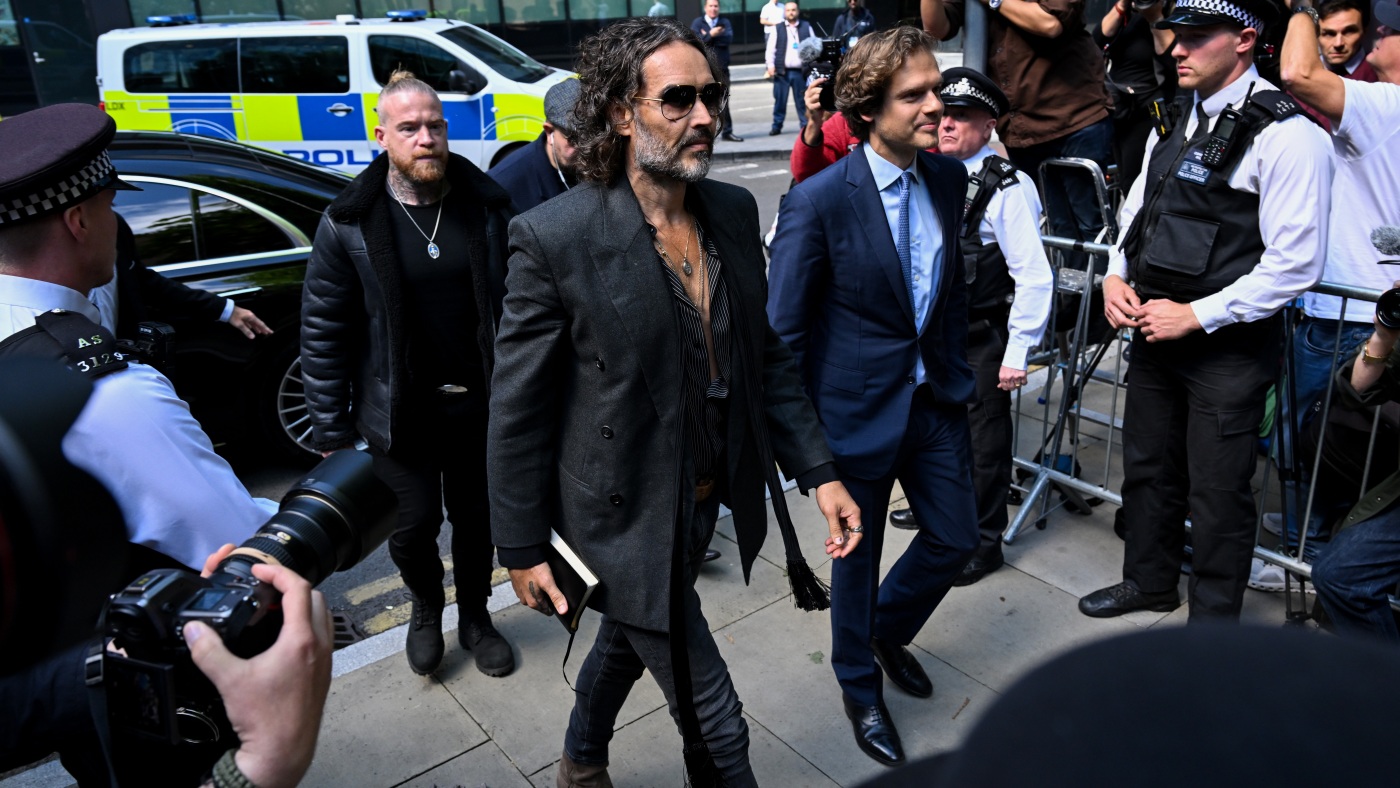The Russell Brand Rape and Sexual Assault Charges: A Closer Analysis
The U.K. comedian and actor Russell Brand has been thrust into a serious legal controversy, having been charged with multiple counts of rape and sexual assault. These allegations, stemming from incidents between 1999 and 2005, involve accusations by four women, reported by various news outlets in the past day. This analysis seeks to distill the key elements of the case, its implications, and contextual background surrounding Brand’s career and public persona.
—
Background of the Charges and Incident Timeline
London’s Metropolitan Police charged Russell Brand with five counts of sexual offenses, including rape, indecent assault, oral rape, and sexual assault. The alleged offenses reportedly occurred over a six-year span from 1999 to 2005, according to British prosecutors. The timeline places these accusations early in Brand’s career before he reached international fame as a comedian, actor, and political commentator.
These charges arose as a consequence of an 18-month investigation initiated after four women lodged complaints alleging sexual assault by Brand. The gravity of the accusations is underscored by multiple counts, indicative of repeated alleged wrongdoing rather than a single incident.
—
Brand’s Response and Court Proceedings
Russell Brand has staunchly denied all allegations, pleading not guilty to every charge during a London court hearing. His public response includes denial of being “a rapist” and asserting he has never engaged in non-consensual activity. Brand has characterized the charges as politically motivated, using his platforms to express his position and qualify the accusations as an attempt to damage his reputation.
At the court appearance, Brand’s demeanor was noted for its symbolism—carrying a Puritan prayer book, wearing crucifixes around his neck, which some interpret as an appeal to his personal or public faith. His choice of attire and accessories may also be read as an attempt to humanize or project innocence amid severe charges.
Scheduled to appear again before the Westminster Magistrates’ Court in May, Brand’s case is positioned to be lengthy and complex, with significant media and public scrutiny.
—
Public and Media Reaction
News outlets internationally have been swift to report the development, reflecting the high-profile nature of the case. Media coverage has ranged from purely factual accounts of the charges to in-depth reporting that delves into Brand’s controversial history, juxtaposing his public persona as a political pundit and activist with these severe allegations.
The case has catalyzed broader conversations about sexual misconduct in entertainment industries, particularly regarding historical allegations and delayed reporting. It also raises questions about how public figures navigate accusations amid intense public attention.
—
Implications for Brand’s Career and Legacy
Russell Brand, once a rising comedic star and a recognized face in Hollywood and British media, now faces one of the most serious challenges to his career and public image. The charges come at a time when he has shifted towards political activism and social commentary, arenas where credibility and moral authority are essential.
The allegations, if proven, could overshadow decades of work in entertainment and public discourse. Even if Brand is acquitted, the reputational damage could be lasting due to the serious nature of the accusations and the high visibility of the trial.
Moreover, the case underscores the changing landscape where past behaviors can resurface under renewed legal and societal scrutiny, highlighting the evolving standards to which public figures are held.
—
Broader Legal and Cultural Context
This case is emblematic of a broader global reckoning where alleged sexual offenses by celebrities are investigated and prosecuted years after the fact. It reflects shifts in legal approaches to sex crimes, victim advocacy, and the persistence of trauma that leads to delayed reporting.
The ongoing investigation and trial process will test the UK judicial system’s ability to handle high-profile sexual assault cases transparently and sensitively, balancing privacy, media interest, and the rights of both accused and accusers.
—
Conclusion: A Legal and Social Crossroads
Russell Brand’s charges of rape and sexual assault place him at the center of a landmark moment for celebrity accountability in the U.K. The outcomes of his trial will have significant consequences for his personal future and professional legacy, and will contribute to wider cultural discussions on consent, power dynamics, and justice. Regardless of the verdict, this case highlights the profound impact of past actions on public figures’ present lives, reinforcing the complex intersection of law, media, and morality in today’s society.


